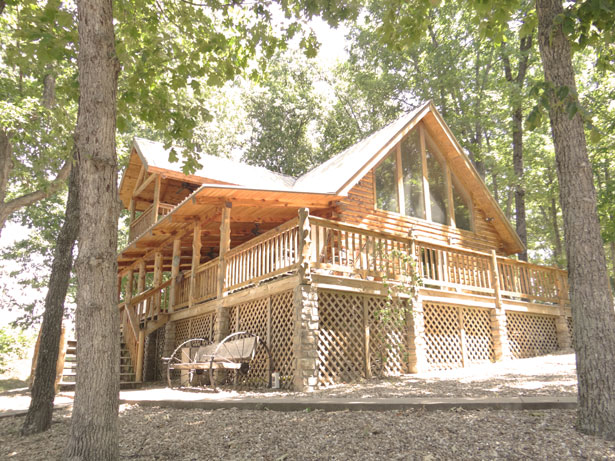Planning a writer’s retreat, are you? Already looking forward to that free weekend, or even a full week, away from the stress of work, away from the chores of home? A few days away from everything, with time to devote purely to writing.
 So much time! Why, you’ll be able to finish up that novel. You might even knock off a short story or three. Do some new characters sketches for the novel’s sequel, and lay out the plot line. Polish up some query letters.
So much time! Why, you’ll be able to finish up that novel. You might even knock off a short story or three. Do some new characters sketches for the novel’s sequel, and lay out the plot line. Polish up some query letters.
By now you’ve spotted the signs of a ‘lower your expectations’ lecture. But it’s easy, when you only have spare minutes or a rare uninterrupted hour during your normal life, to imagine how much more you could get done with a whole day or more at your disposal.
Did you ever stop and think that those odd spare minutes are the right amount of writing time for you? Is it possible that more time would not result in more writing? Parkinson’s Law states that “work expands to fill the time allotted to it.” One corollary of that law is, “The amount of time available to perform a task is the amount of time it will take to complete the task.” Or, as a coworker of mine phrases it, “If you put off a task until the last minute, it will only take a minute.”
In theory, it’s true that you should get more writing done if you have more time, such as during your upcoming retreat. Understand, I’m not opposed to writer’s retreats, just unrealistic expectations for them. Definitely go on the retreat. Before you do, compile a list of things to get done, a long list. Go ahead and make big plans, set stretch goals. But don’t kick yourself too hard if you fall short.
After all, you’ve trained yourself (in effect) to write in short bursts, and you’ve acclimated to that mode now. During your retreat, you may find yourself needing a break after just an hour of writing. Your mind will wander. You’ll find excuses to do other things. That is the pattern you’ve set, the habit you’ve made.
I suggest you make use of that habit. Here’s a way to use it to your advantage during your retreat. Consider making a list of many different writing tasks you want to do. The more different from each other, the better. Then, while you’re at your retreat site, spend a half hour on the first task. Bring a timer or alarm to inform you when the time’s up. After that half hour, take a five minute break, during which you stand up, walk around, stretch, etc. Then tackle the second task on your list for a half hour and so on.
Since you’ve accustomed yourself to working in short bursts, make the retreat a long, repeating series of short bursts. You may find that method works for you.
One more thing about retreats. In the weeks leading up to the planned date of the retreat, I urge you not to put off things. Don’t say, “I’ll do that writing task during my retreat.” If you find yourself doing that, you might follow it up by asking why you’re putting off the task. Why not do it now?
In fact, what’s so special about a retreat anyway? Why not consider every minute spent writing as a sort of mini-retreat right in your own home?
You might feel differently about writer’s retreats. If so, please leave a comment and let me have it, metaphorically. In the meantime, off to a mini-retreat in his own home goes—
Poseidon’s Scribe
